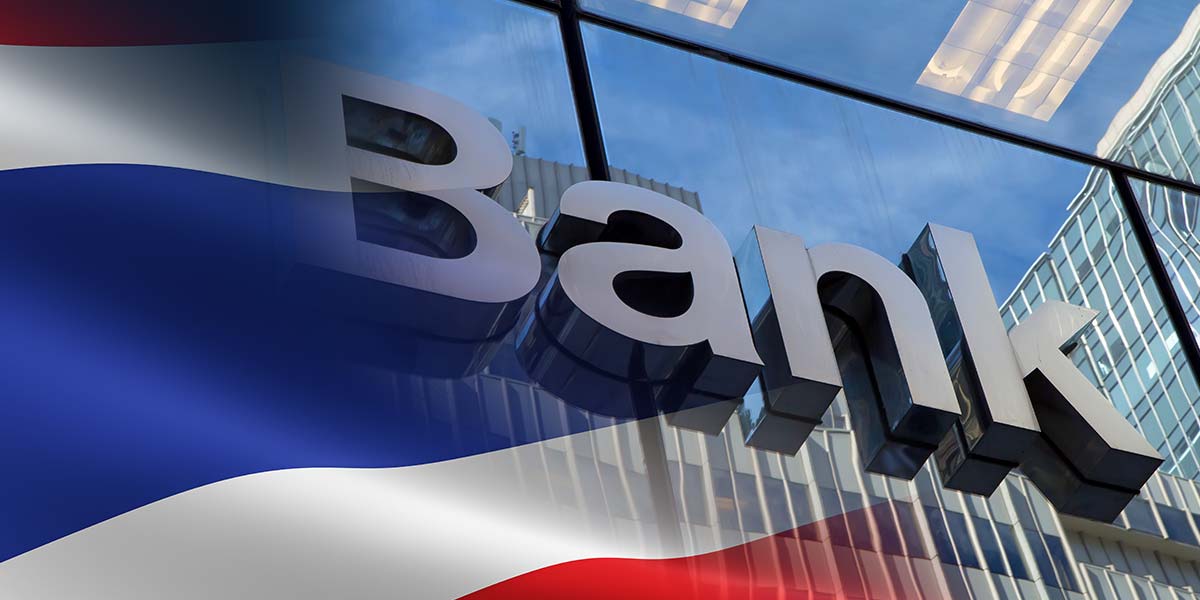KGI Securities noted in its report regarding the Thai banking sector that Thai banks experienced a broad contraction in lending for April, shrinking by 0.6% month-on-month and extending to a 1.1% decrease since the beginning of the year.
The most pronounced monthly decrease was recorded at Bank of Ayudhya (BAY), which saw loans drop 1.6%, while Krung Thai Bank (KTB) followed with a 1% decline in April and a 2.4% decrease year-to-date. Kasikornbank (KBANK) continued its steady contraction, with loan revenue down 0.6% over the month and 2.9% since January.
Managements among banks attributed the weaker lending figures to a combination of public sector repayments, muted corporate loan appetite, and increased selectivity in retail lending amid sluggish economic sentiment.
On the deposit side, banks managed to strengthen their funding bases, registering an increase of 0.3% from the previous month and 0.8% year-to-date. This inflow of funds—boosted further by new borrowing and loan repayments—shored up bank liquidity, with about 60% of the fresh cash channeled into fixed income investments and the remaining 40% allocated to money market loans.
KTB stood out for its robust deposit growth, rising 2.4% in April and 3.2% since the start of the year, even as lending continued to contract.
The analyst stated that investment in fixed income picked up sharply, climbing 1.2% month-on-month and 7% for the year so far. KBANK saw a particularly sharp rise, expanding its fixed income portfolio by 4% in April and an impressive 20% year-to-date.
KTB and Siam Commercial Bank (SCB) also increased allocations, up 2% and 1% monthly, and 2% and 7% year-to-date, respectively. This could suggest a response to expectations of interest rate cuts and a desire to tilt asset portfolios toward less risky classes. These moves position banks to book FVTPL gains if bond yields continue to decline in the second quarter of 2025.
Looking ahead, net interest margins (NIMs) are expected to prove more resilient than initially anticipated, given that recent deposit rate reductions have outpaced cuts in lending rates. Softer bond yields are also supportive, as gains from investment portfolios may partially offset weak lending revenues. Still, KGI warns that rising credit costs from NPLs remain a risk as the economy softens.
Shares of major lenders such as KBANK, Bangkok Bank (BBL), and SCB have rallied following the dividend season, leaving limited room for upside to current target prices of the analyst. As a result, KGI maintained a ‘Neutral’ rating on the Thai banking sector and recommended adopting a ‘Buy on weakness’ approach, with KTB and TMBThanachart Bank (TTB) earmarked as top picks.





